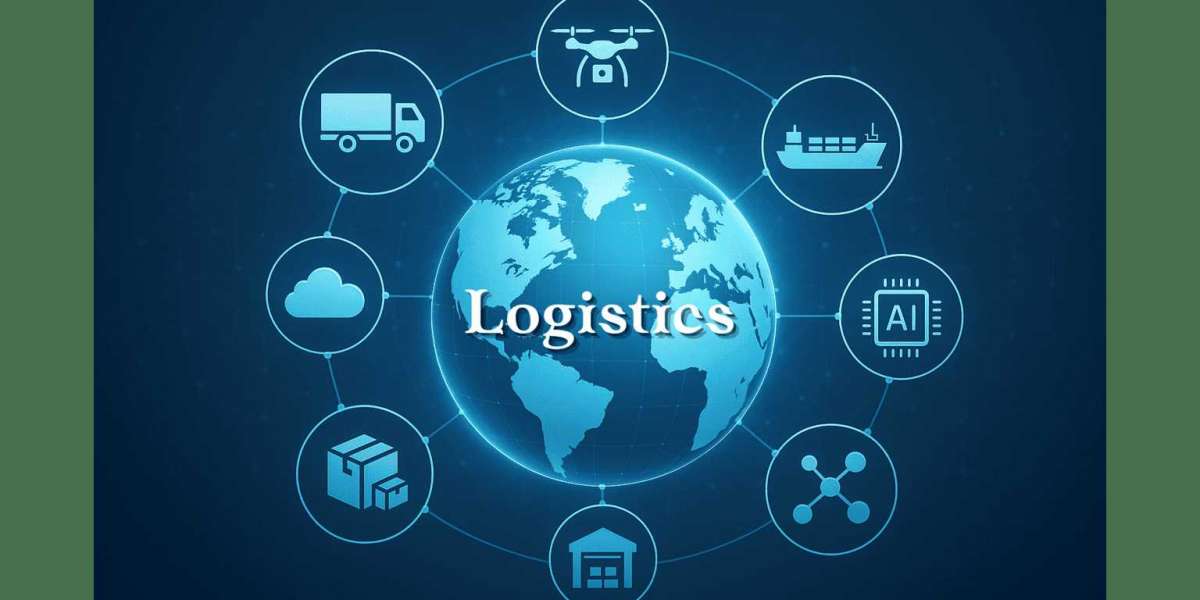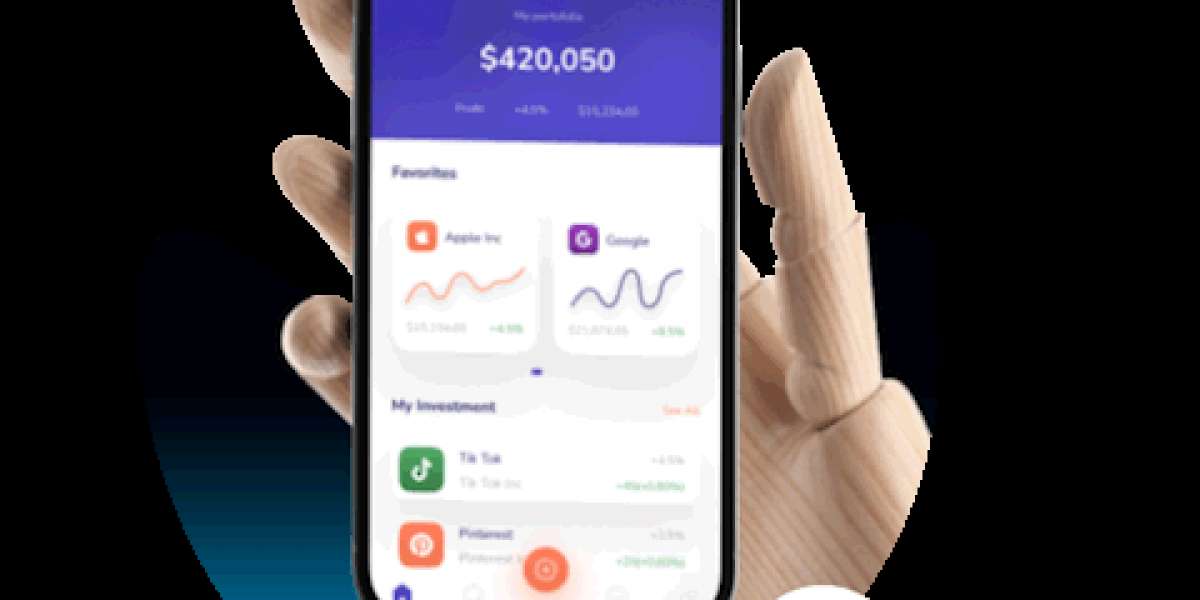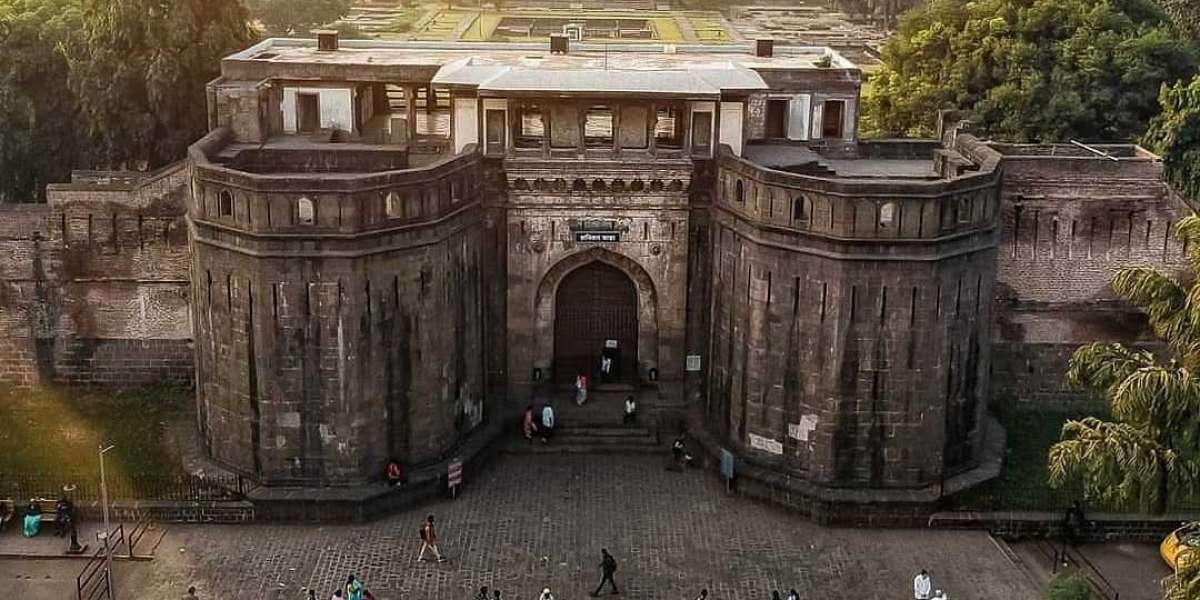Hey Folks! ? If you’ve ever wondered how your favorite products magically appear on store shelves or your doorstep, there’s a powerful behind-the-scenes duo making it happen — procurement and logistics. They’re like the Batman and Robin of the supply chain world — separate roles, but unstoppable when they work together.
Let’s dive into how procurement plays a game-changing role in logistics management — from picking the right suppliers to saving money and slashing delays across the supply chain.
The Connection Between Procurement and Logistics
Procurement and logistics are two sides of the same coin in any efficient supply chain ?️. Procurement is all about sourcing — finding and purchasing the right materials, goods, or services. Logistics? It’s about moving those goods efficiently from point A to B.
When procurement is handled strategically, it directly impacts how well logistics can operate. A solid procurement plan ensures that:
- Materials are available when needed
- Products meet quality standards
- Costs are kept in check
- Suppliers are reliable
According to a 2023 study by Deloitte, 79% of high-performing supply chains integrate procurement and logistics closely to maintain consistent delivery and optimize efficiency.
Without that alignment, you’re looking at delays, stockouts, rising costs, and missed opportunities. So yeah, folks — procurement is not just about placing orders; it’s about empowering logistics to run smoothly and smartly.
How Does Procurement Impact Supplier Selection in Logistics?
Supplier selection is one of the biggest levers procurement pulls to support logistics. The right supplier ensures materials arrive on time, in the right quantity, and with zero quality drama.
Procurement professionals dig deep into a supplier’s:
- Delivery history
- Capacity to fulfill large orders
- Proximity to distribution centers
- Technology adoption for real-time tracking
Choosing suppliers who deliver consistently reduces last-minute scrambles and keeps the logistics machine humming ?.
How Does Procurement Affect Logistics Cost Management?
Folks, think of procurement as the financial strategist behind logistics. Smart procurement teams negotiate better terms, bulk pricing, and long-term contracts that directly lower logistics costs.
They also analyze spend data to spot inefficiencies, such as high shipping rates or duplicate vendors, and streamline the sourcing process.
In fact, companies that invest in procurement cost strategies report up to 12% savings on logistics expenses annually (Procurement Leaders, 2022).
Managing Costs Through Procurement in Logistics
Let’s talk money! ? Managing logistics costs is one of the biggest challenges in supply chain management. Fortunately, procurement plays a huge role in making those costs more predictable — and more controllable.
Here’s how:
- Smart sourcing: Procurement scouts for the best-value suppliers — not just the cheapest ones, but those who offer reliability and performance.
- Transportation savings: Selecting the right carriers or even negotiating shared transport can slash shipping costs.
- Inventory optimization: Forecasting demand and managing stock levels can reduce warehousing costs and product spoilage.
- Data-driven contracts: Procurement uses logistics management software to analyze supplier performance and lock in cost-effective deals.
With rising fuel prices and fluctuating demand, it’s crucial that procurement doesn’t just react — it plans ahead and uses tools like the best logistics management software to create a responsive, cost-effective logistics ecosystem.
How Can Procurement Strategies Help Reduce Transportation Costs?
Let’s say you’ve got 10 shipments going out from 5 suppliers. Procurement can consolidate those into 2 or 3 grouped shipments — fewer trucks, lower fuel costs. Boom, savings.
Procurement also:
- Selects carriers with flexible pricing or volume discounts
- Negotiates fuel surcharges
- Builds strategic transport partnerships for long-term savings
In 2024, companies that adopted shipment consolidation through procurement saved up to 15% in freight costs, according to Transport Topics.
How Does Procurement Optimize Inventory Management?
Procurement isn’t just about buying — it’s about buying smart. By working closely with logistics teams, procurement helps:
- Maintain optimal stock levels (not too much, not too little)
- Avoid over-ordering that leads to storage costs
- Align purchase timing with real customer demand
With advanced logistics software, procurement can analyze usage trends and place timely orders that keep warehouses efficient and costs low ?.
How Can Procurement Support Sustainable Logistics Practices?
Sustainability is no longer a nice-to-have — it’s a must. Procurement leads the charge by:
- Choosing suppliers with eco-certifications
- Supporting green packaging and transportation
- Encouraging reduced emissions through local sourcing
A 2023 McKinsey report found that sustainable procurement practices can reduce a company’s supply chain carbon footprint by up to 40%. ? Not only is this great for the planet, but it also appeals to today’s eco-conscious consumers.
Reducing Supply Chain Delays Through Procurement Practices
Now, here’s the kicker — delays. Delays are the nightmare every logistics team dreads. But hey, procurement can be a secret weapon in reducing them.
From late shipments to customs holdups, most delays start with weak procurement practices. Here’s what strong procurement does to keep things flowing:
- Evaluates suppliers’ reliability and lead times
- Plans for regulatory compliance ahead of time
- Uses automation for faster order cycles
According to IBM’s 2023 Supply Chain Benchmark Report, companies with integrated procurement strategies experience 35% fewer shipping delays.
How Does Supplier Selection Impact Lead Times in Logistics?
Choosing reliable suppliers isn’t just about price — it’s about consistency. Procurement teams vet suppliers for their ability to:
- Ship quickly
- Communicate effectively
- Handle fluctuations in demand
Suppliers with shorter, predictable lead times keep logistics operations from falling into the chaos of delay dominoes.
How Can Procurement Ensure Compliance With Regulations and Reduce Customs Delays?
Customs delays can choke your supply chain. But smart procurement teams head this off by:
- Ensuring supplier certifications are up-to-date
- Sourcing from regions with simpler trade policies
- Coordinating documentation in advance
This proactive approach helps avoid penalties and keeps shipments moving smoothly through checkpoints.
How Can Procurement Use Technology To Reduce Delays?
Here’s where automation becomes a hero ?. By adopting procurement tech — like automated ordering systems, e-tendering platforms, and logistics management systems — procurement teams:
- Place accurate orders faster
- Track supplier performance in real time
- Predict and respond to supply risks before they escalate
Tech-powered procurement slashes manual errors and shortens turnaround times, making logistics faster and smarter.
The Role of Collaboration Between Procurement and Logistics Teams
Let’s be real — procurement and logistics need each other like peanut butter and jelly. When they work in silos, inefficiencies and miscommunication run rampant. But when they collaborate? That’s where the magic happens ✨.
Teams that work together can:
- Align purchasing with shipping schedules
- Respond faster to disruptions
- Create end-to-end supply chain visibility
A 2024 Gartner report revealed that businesses with strong procurement-logistics collaboration saw 23% faster delivery times and 17% fewer stockouts.
Why Is Cross-Departmental Communication Essential for Effective Procurement and Logistics?
Communication is the glue that holds procurement and logistics together. It ensures:
- Clear visibility into delivery timelines
- Aligned goals for cost and service
- Accurate forecasting and fewer surprises
Regular meetings, shared dashboards, and joint reviews make sure everyone’s rowing in the same direction.
How Does Joint Planning Between Procurement and Logistics Reduce Supply Chain Risks?
When procurement and logistics sit down together and plan, they can:
- Anticipate demand spikes
- Build contingency plans for supplier disruptions
- Set realistic expectations for shipping schedules
This foresight transforms reactive scrambling into proactive problem-solving.
How Can Collaboration Improve the Vendor Relationship?
Vendors love consistency and clarity. When procurement and logistics collaborate, they present a unified front — leading to:
- Better service levels
- Faster dispute resolution
- Opportunities for vendor-led innovation
Stronger vendor relationships lead to smoother operations and fewer supply chain headaches.
Conclusion: The Importance of Procurement in Logistics Management
So folks, here’s the big picture: procurement isn’t just about placing orders. It’s the strategic engine behind effective logistics.
Whether it’s finding the right supplier, cutting transportation costs, or avoiding supply chain meltdowns — procurement is there, steering the ship with data, strategy, and foresight.
When aligned with logistics through collaboration and tech, procurement becomes a true powerhouse that reduces delays, drives down costs, and fuels long-term success.
Key Takeaways
- Procurement plays a central role in supplier selection and cost management
- Effective procurement can minimize transportation costs and optimize inventory
- Strategic procurement reduces supply chain delays and enhances operational efficiency
- Collaboration between procurement and logistics is key to success
Frequently Asked Questions (FAQs)
1. How does procurement affect the logistics cost structure?
Procurement influences logistics cost structure by negotiating supplier contracts, choosing transport options, and optimizing order volumes. These strategies directly impact warehousing, shipping, and handling costs, allowing companies to better manage their logistics budgets and reduce unnecessary expenses.
2. How does procurement help reduce delays in the supply chain?
Procurement reduces delays by choosing reliable suppliers with solid delivery records, enforcing compliance with trade regulations, and using automation tools for faster order processing. These actions improve lead times and prevent unexpected disruptions in the supply chain.
3. What role does procurement play in supplier selection for logistics?
Procurement evaluates potential suppliers based on delivery performance, quality standards, geographic location, and capacity. By selecting dependable vendors, procurement ensures that logistics operations are supported with timely and consistent materials or products.
4. How can procurement collaborate with logistics teams to improve efficiency?
Procurement can improve efficiency by sharing forecasts, aligning purchase orders with shipping schedules, and working together to develop supplier scorecards. This joint approach helps eliminate bottlenecks, reduce waste, and create a seamless supply chain workflow.
5. How does procurement impact sustainability in logistics?
Procurement supports sustainability by sourcing from eco-friendly suppliers, encouraging responsible packaging, and selecting transport providers that use green technologies. This helps reduce the overall carbon footprint and promotes a more environmentally friendly supply chain.
Let’s face it — procurement is the unsung hero of logistics management. Give it the strategy and support it needs, and your entire supply chain will thank you.







